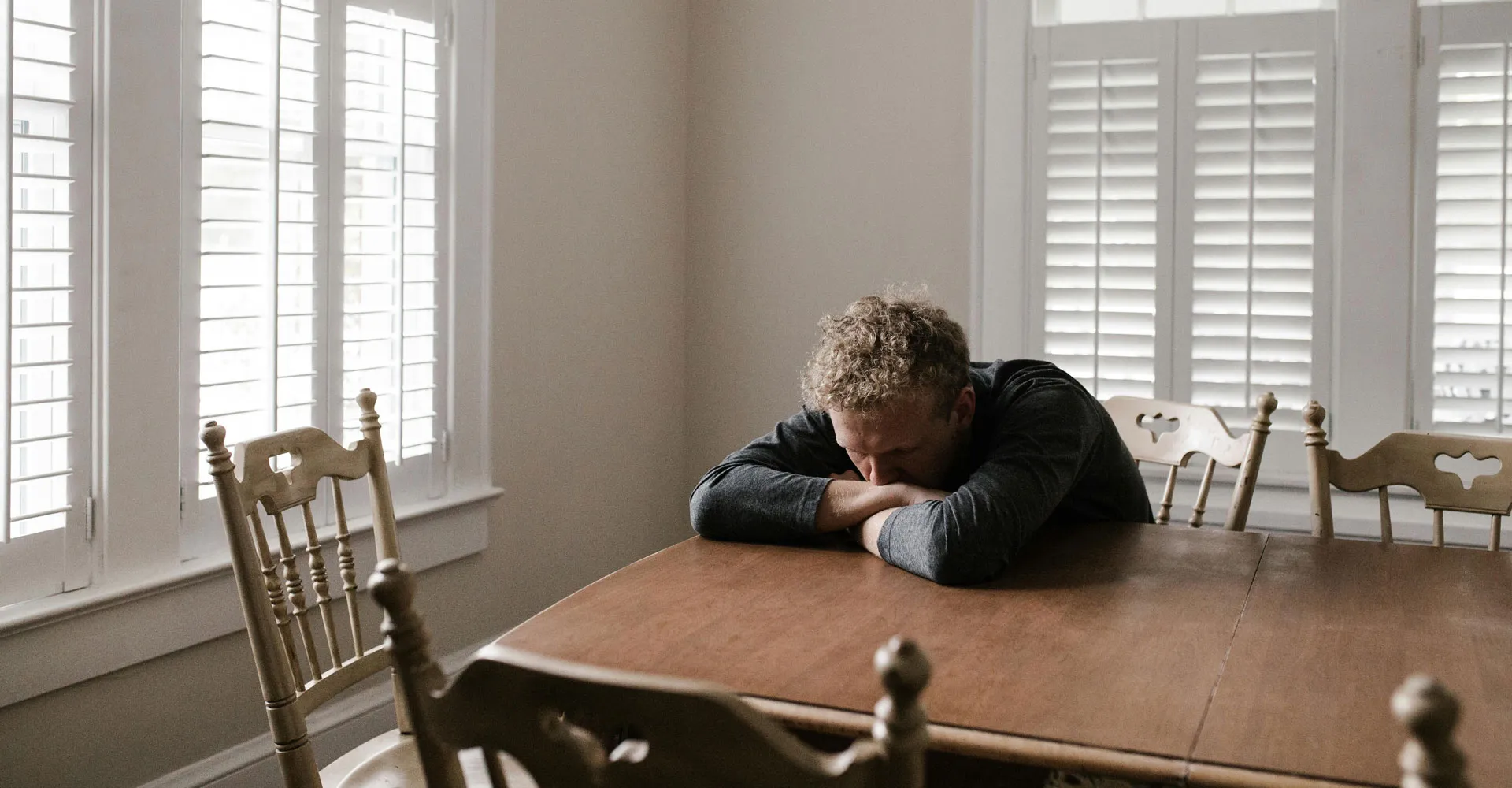What is Domestic Abuse?
If you suspect that you need domestic abuse advice, it's worth arming yourself with as much information as possible.
The government defines Domestic Abuse as:
Any incident or pattern of incidents of controlling, coercive or threatening behaviour, violence or abuse between those aged 16 or over who are or have been intimate partners or family members regardless of gender or sexuality. This can encompass but is not limited to the following types of abuse:
- psychological
- physical
- sexual
- financial
- emotional

Domestic Abuse Advice and Definitions
Controlling behaviour is: a range of acts designed to make a person subordinate and/or dependent by isolating them from sources of support, exploiting their resources and capacities for personal gain, depriving them of the means needed for independence, resistance and escape and regulating their everyday behaviour.
Coercive behaviour is: an act or a pattern of acts of assault, threats, humiliation and intimidation or other abuse that is used to harm, punish, or frighten their victim.*
*This definition, which is not a legal definition, includes so called ‘honour’ based violence, female genital mutilation (FGM) and forced marriage, and is clear that victims are not confined to one gender or ethnic group”
Domestic Abuse may include:
- Physical Abuse – this may include hitting, punching, slapping, biting, burning, hair pulling and strangulation.
- Sexual abuse – rape and sexual abuse is common in abusive relationships because a victim's right to consent is likely to be ignored. Sexual abuse includes unwanted sexual contact including being encouraged to take part in sexual acts you do not wish to be a part of.
- Emotional or Psychological abuse – this can be verbal or non verbal. Verbal abuse includes abuse such as shouting, name calling and blaming. Non verbal abuse includes isolation from family and friends and controlling behaviour such as withholding money or credit cards, making someone unreasonably account for money spent/petrol used, exploiting assets, being prevented from getting or keeping a job, deliberately running up debts, being kept without money.
- Elder abuse – where harm or distress is caused to an older person where there is an expectation of trust. The most typical abusers are partners, adult children or family members.
- Abuse can include receiving unwanted phone calls or text messages.
- Abuse can happen to anyone regardless whether they are heterosexual, gay, lesbian or transgender. Men also can experience domestic abuse as victims too.
If you are in a relationship where you have experienced domestic abuse, our family law team could help you to protect yourself and your loved ones by offering sound domestic abuse advice.

What we can do for you
We can offer you discreet domestic abuse advice.
- You can talk to us in confidence about what has happened. We can advise you on the options available to you.
- When needed we can help you to quickly obtain a Court order to protect you from abuse and to stop the abuser coming into your home.
Our family law team can provide emergency advice on how to protect you and any children involved. If you are at immediate risk we can quickly obtain a Court injunction and take steps to ensure the orders are complied with and enforced.
The type of orders that may be available include:
- A non-molestation order – this is an injunction which prevents a person or someone acting on their behalf from being violent to or threatening violence towards you or any children.
- Occupation order – this is an injunction which allows you to return to your home and or excludes your partner from the premises.
We are not able to offer legally aided services.
Please contact our family law team on 0113 320 5000 for confidential, sympathetic and expert professional advice.
You can obtain a Non-Molestation Order or an Occupation Order.
Non-Molestation Orders automatically have a power of arrest attached as a breach of this order is an arrestable offence.
If you obtain an occupation order, you may need a power of arrest.
Yes, you will need to make an application to the court to get a Non-Molestation Order and/or Occupation Order. However, if you are at immediate risk of harm we recommend that you always contact the police.
They can vary and it is up to court, but usually they are in place for 6-12 months.








